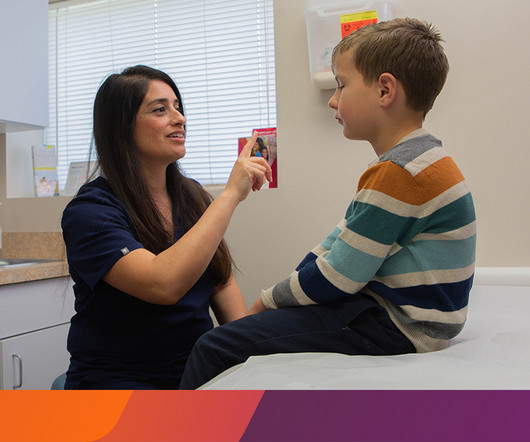How Nurse Practitioners Are Filling Gaps in Primary Care
Post University
JULY 16, 2025
Nurse practitioners (NPs) provide comprehensive healthcare services, from assessing and examining patients to ordering diagnostic tests, diagnosing illnesses, and treating or managing diseases. Additionally, nurse practitioners work with patients to promote wellness and prevent health problems with health education and preventive care.











Let's personalize your content